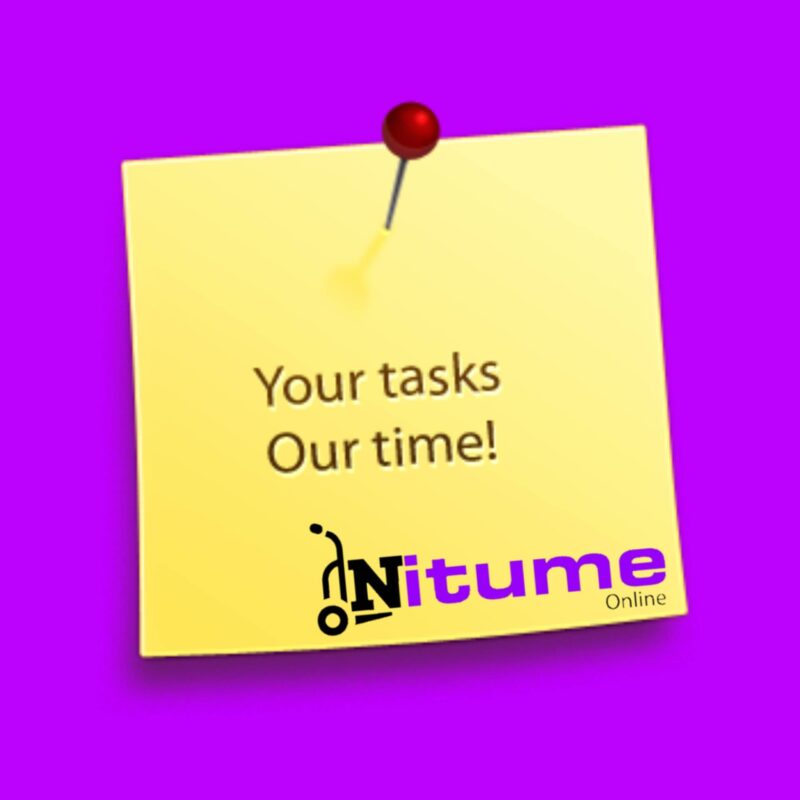Photo Courtesy: https://worldofinnovations.files.wordpress.com
In 2005, LEGO, the Danish toy maker, took the technology community by surprise when they cheered the hacking of its 3D modelling platform called LEGO Factory. Executives initially fancied the idea of legal action as an archetypal corporate reaction especially since the company still struggled to recuperate from near bankruptcy.
Yet, upon a closer look, it turned out that the hackers were part of a well-coordinated colony of dexterous LEGO aficionados. Discovering inefficiencies in the system brought out through the intrusion, the hackers sought to create a database that would optimize the number of exact bricks a consumer needed. The action would minimize the amount customers would spend, contrary to the original version of the software developed by LEGO whereby one had to purchase a whole bag with far more bricks than one required. Fleshing out the problem, LEGO put itself into the shoes of its ardent consumers. Instead of filing a law suit as originally intended, it switched gears and engaged the hackers.
Tormod Askildsen, LEGO’s Head of Community Development at the time was quoted saying “our lawyers were ready to go after these consumers and say, “you cannot do that.” But we also realized that there was a lot of talent and a lot of very great skills out there in the community. Yes, they are tinkering with our product, but they are improving it. So what happened was that we basically let consumers hack this, and that is the amazing thing. If you trust your consumers, then they may do something that is actually a benefit. The LEGO brand is not owned by us. It’s owned by the consumers. We own the trademark, yes, but the brand lives in the minds of the consumers.” What happened at LEGO was a classical performance of cognitive empathy in a corporate environment.
The 18th century British philosopher David Hume once remarked that “the minds of men are mirrors to one another”. In the early 1990’s, Italian researchers at Parma University made a riveting discovery. Through a series of experiments done on monkeys, they figured out that certain sets of neurons within the premotor cortex fired both when the monkey grabbed an object and also when it observed another primate grab the same object. These neurons were also recently found in human beings. They came to be known as mirror neurons. As such, they form the basis for understanding other individuals’ actions. The particular neurons facilitate empathy in that one experiences understanding of another person’s mental and emotional condition from their perspective. Thus human beings are naturally wired to empathize. Question is, why then should empathy take center stage in an organization’s efforts to turbocharge its performance?
Creativity and innovation have become the lifeblood of first-rate organizations like LEGO. Empathy serves as the engine of creativity and innovation. Business people often mistakenly think that empathy exists as a mere soft skill not taken seriously. However, empathy positively correlates with high performance. The Center for Creative Leadership analyzed data from 6,731 managers across 38 countries and found that empathy positively related to job performance. How does empathy specifically also promote creativity and innovation?
Researchers categorized empathy into cognitive and emotional empathy. Emotional empathy involves vicarious experiencing of another’s emotional state. Meanwhile, cognitive empathy entails the ability to accurately imagine another person’s feelings or thinking and even predict their subsequent behaviors. In the Team of Rivals: The Political Genius of Abraham Lincoln, Doris Kearns Goodwin describes Lincoln as a leader who possessed incredible levels of empathy. He held the gift or curse of putting himself in the place of another to experience what they were feeling. It allowed him to discern their motives and desires. A contemporary of the day, Hellen Nicolay, observed directly that Lincoln’s consummate gift for “political diagnosis” that arose from his empathic nature gave him “the power to forecast with uncanny accuracy what his opponents were likely to do.” Inasmuch, it is quite evident that Abraham Lincoln’s empathic capacity gave him a competitive edge when appraising situations and people. It was a source of insights that culminated into fireballs of political and military strategy, hence his competence.
In the corporate world, cognitive empathy aids both organizational and individual competence through integration of knowledge. It helps to explain why LEGO’s executives chose to see the problem from the hacker’s well-intentioned perspective which, of course, involved suspending their own initial security and legal concerns to become open to new knowledge that enhanced LEGO’s innovation. Individuals like Steve Jobs intuitively understood the importance of empathy so much so that he suggested a single set of bathrooms in the central atrium of Pixar’s building to force more interaction amongst animators, computer scientists and creative directors, paving the way for integration of knowledge. Through cognitive empathy, cross-fertilization of knowledge took place between professionals of seemingly unrelated fields resulting in cascades of juicy innovative ideas within an organization.
Emotional empathy, on the other hand, provides fertile ground for trust to flourish amongst employees. Communication between individuals who understand each other at a visceral level is spontaneous in character. Consequently, individuals share ideas without fear of being judged or ridiculed thus encouraging creativity in solving problems. A study conducted, in a manufacturing firm, by the neuro-economist Paul Zak, found that those in the top quartile of colleague closeness were 22% better at solving a difficult problem with others. They also enjoyed working on the problem 10% more than those in the lowest quartile of closeness. Ostensibly, such closeness can only occur when an individual emotionally empathizes and therefore results in spontaneity and in turn creative problem solving.
From the Danish toy company to the Oval Office, empathy is undoubtedly an engine that powers creativity and innovation. It would help executives and businessmen in Kenya to rethink the role of empathy in their innovative endeavors.
The article was first published on: http://www.businessdailyafrica.com/Empathy-engine-powers-creativity-innovation/539444-3842124-vr7tow/index.html






